Malawians have been cutting down forest for agricultural purposes, collecting firewood, and burning charcoal and for timber for decades, if not centuries. As a result the country that once was covered with tropical forest and a few patches of savanna, with a huge diversity in wildlife like antelopes, elephants and small mammals, and that once was a paradise for birds, became a dry, hot and cultivated country. Malawi is turning into a desert. Global climate
change may contribute to the problem. The increase in temperatures in South-East Africa does not make it easier for the Malawians to cope with their problems. But the local climate is changing largely as a consequence of land degradation due to their own land use.
Now what has an ecologist to do with that? The WATERS-project is trying to tackle the problem using the Ecosystem Service Approach (ESAp). Those following my blogs have probably heard me use this term before. But what is it exactly?
ESAp is based on the principle that a healthy ecosystem offers all kinds of services needed for climate regulation, sequestration, purification, food, pharmaceuticals, religious or cultural services etc. In Malawi’s case, a healthy, self-sustaining ecosystem will also buffer extreme weather conditions and regulate the local climate. Not only because the climate problems in Malawi started by destroying the ecosystem (deforestation) in the first place, but nature itself has many ways of solving environmental problems. Tree roots hold soil and prevent soil erosion, reeds and grasses help stabilize riverbanks, trees and shrubs keep the soil moist and prevent the drying out of the soil, vegetation slows down running water, and so on.
The government in Malawi consists of different offices, each concerning its own business. For example a forestry office, environmental office, agricultural office, water office, irrigation office, wildlife and parks office, and so on. These offices barely cooperate with each other and stick to their own specialty. One of the goals of ESAp is to teach officers, NGO’s and locals to work across boundaries. ESAp makes it possible to look at challenges beyond the
office’s specific expertise, and to see connections between water, trees and agriculture. Which seems pretty obvious, but in practice is quite hard to establish. Because it not only concerns connections between ‘green’ offices, but
also with health, infrastructure, poverty, HIV, and all the other offices. ESAp helps office workers to understand the source of a problem, even if that is in a completely different area of expertise than theirs. It shows the importance of
Malawian nature. For example, people who are not educated and live in poverty are eager to cut down more trees and to have more agricultural land so that they have more crops en wood to sell. It’s a downward spiral in which poverty contributes to deforestation, which leads to degradation of land, which leads to poverty, etc.. The infrastructure gets destroyed by flash floods, caused by the cutting down of trees. This hampers local people to reach hospitals, markets or schools. Diseases, illiteracy, HIV and bad infrastructure contribute to poverty and vice versa. Or the summarize it; Poverty and development is extremely complex to solve.
ESAp is a tool for solving cross-boundary problems and for stimulating cooperation. It perceives land as an ecosystem, holistically, instead of just trees, just a river, just a village. Don’t get me wrong, I’m not saying that restoring nature in Malawi will solve all the country’s problems. It is way more complicated than that. But it
could contribute to the solution of some of the major problems Malawi is struggling with.
Because deforestation is one of the biggest issues in Malawi, I’m focusing mainly on teaching local communities and officers about the importance of managing and conserving forests, also with regard to other issues like infrastructure, food security and health. I tell them that managing a forest is more than just planting trees. To have a healthy forest you need a healthy catchment area, wildlife, shrubs and other plants. You need a stable ecosystem. And it is not necessary for the people to leave the area. With the right use and management they can live with and in the forest. When they make use of conservation agriculture, and agro-forestry in particular, they can use their land more efficiently and more sustainably. They can use the forest for bee-keeping and the collection of firewood, medicines and wild fruits. But before that, we first need to restore Malawians’ nature. And that is a huge challenge.

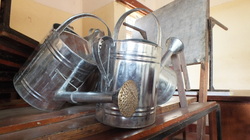

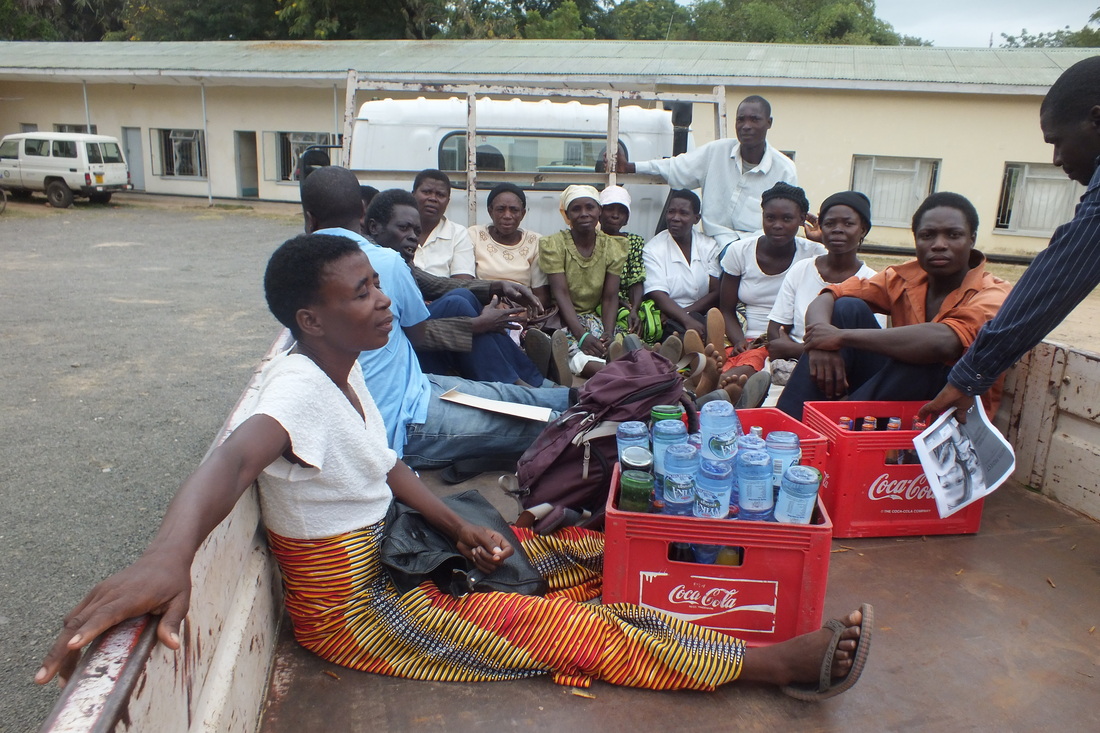
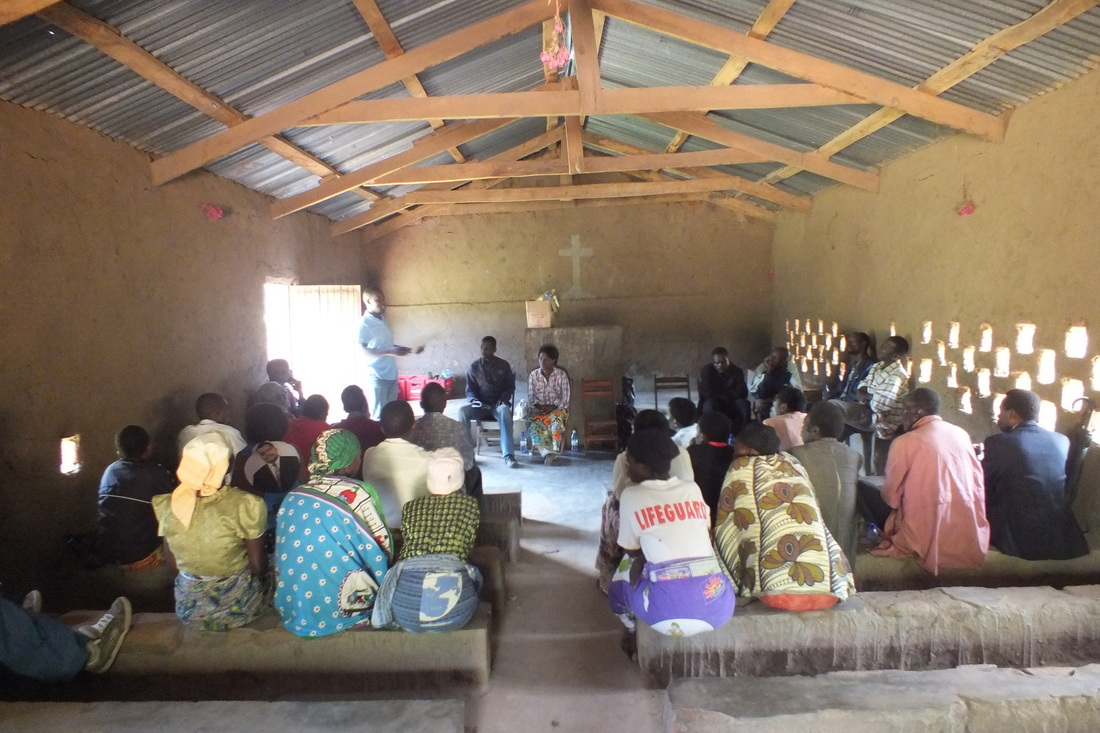
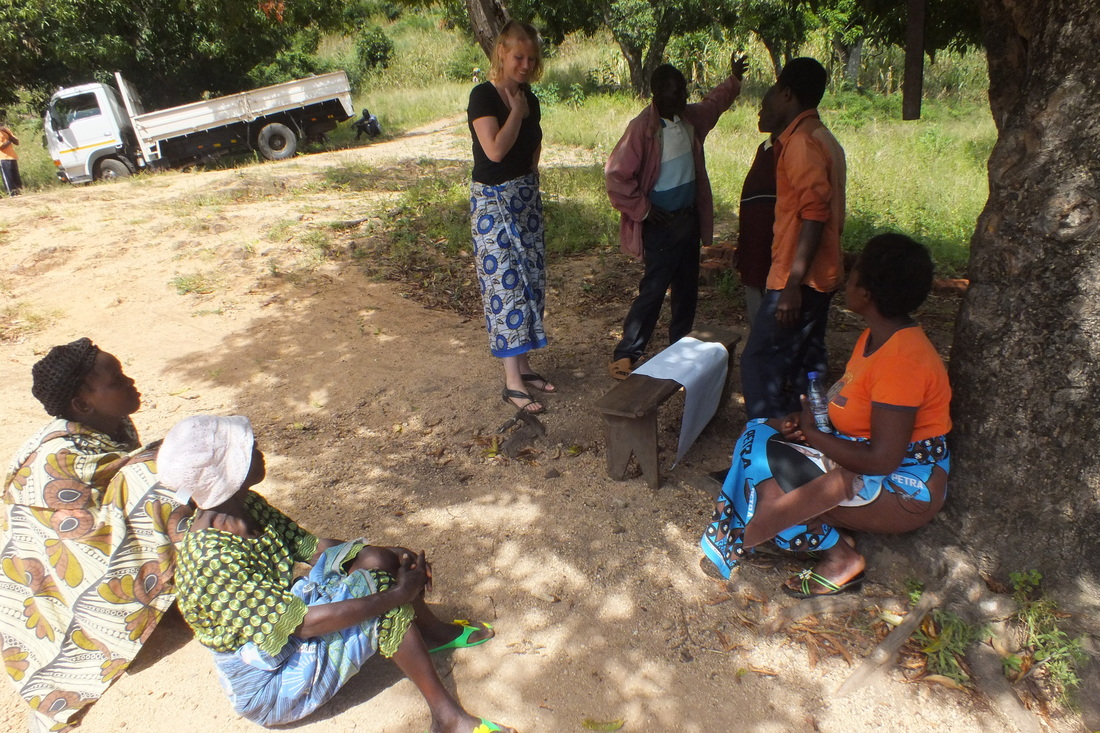
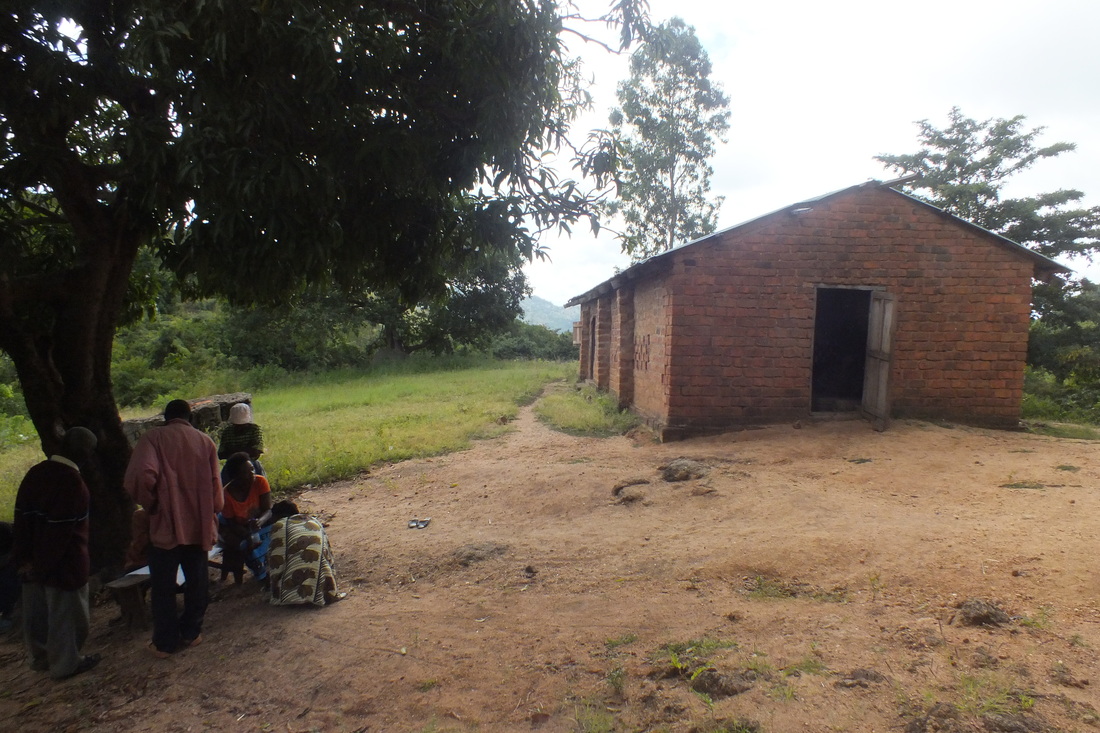
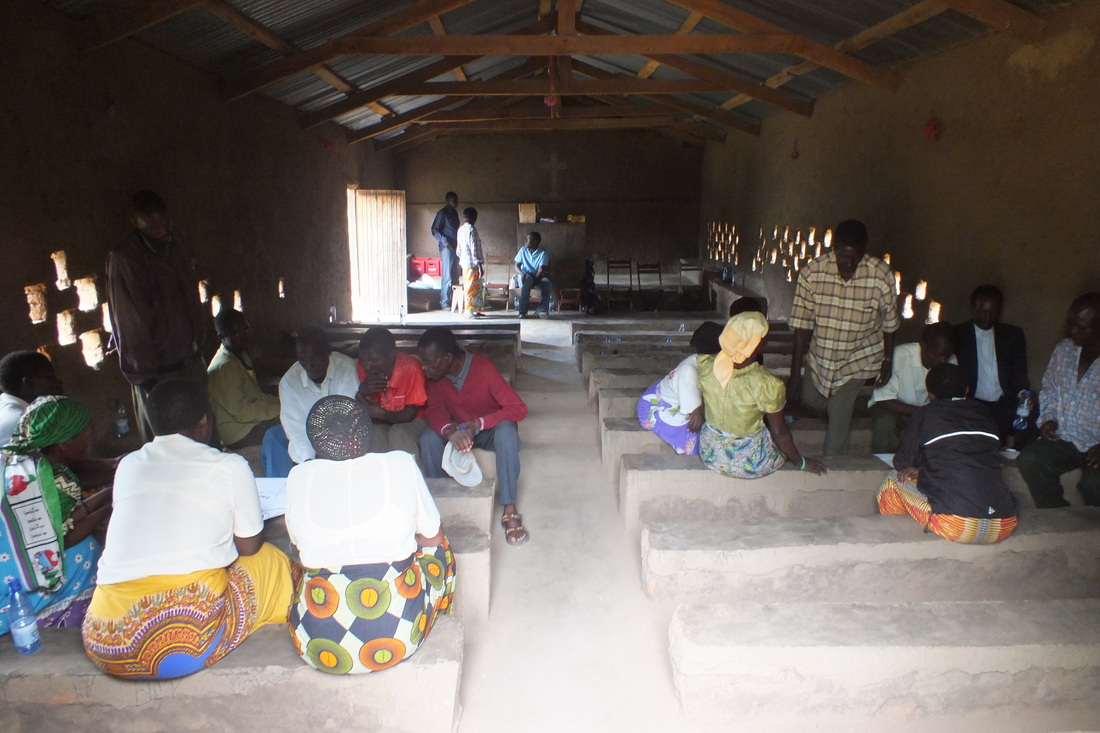
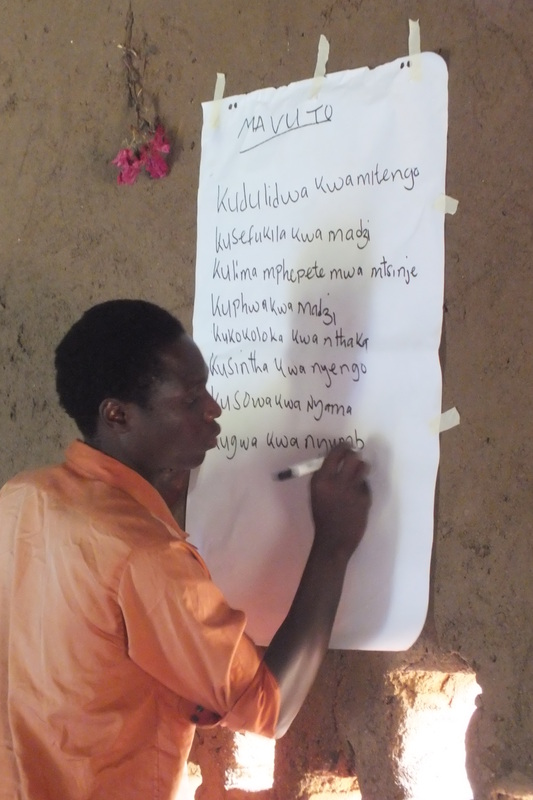
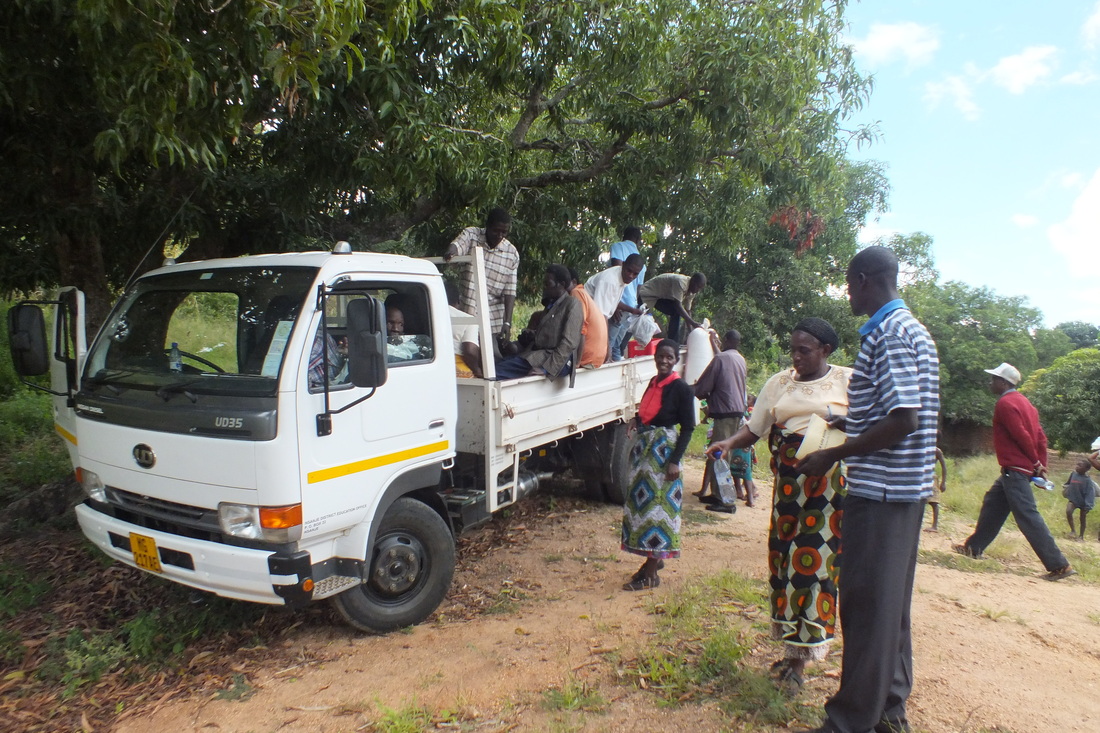
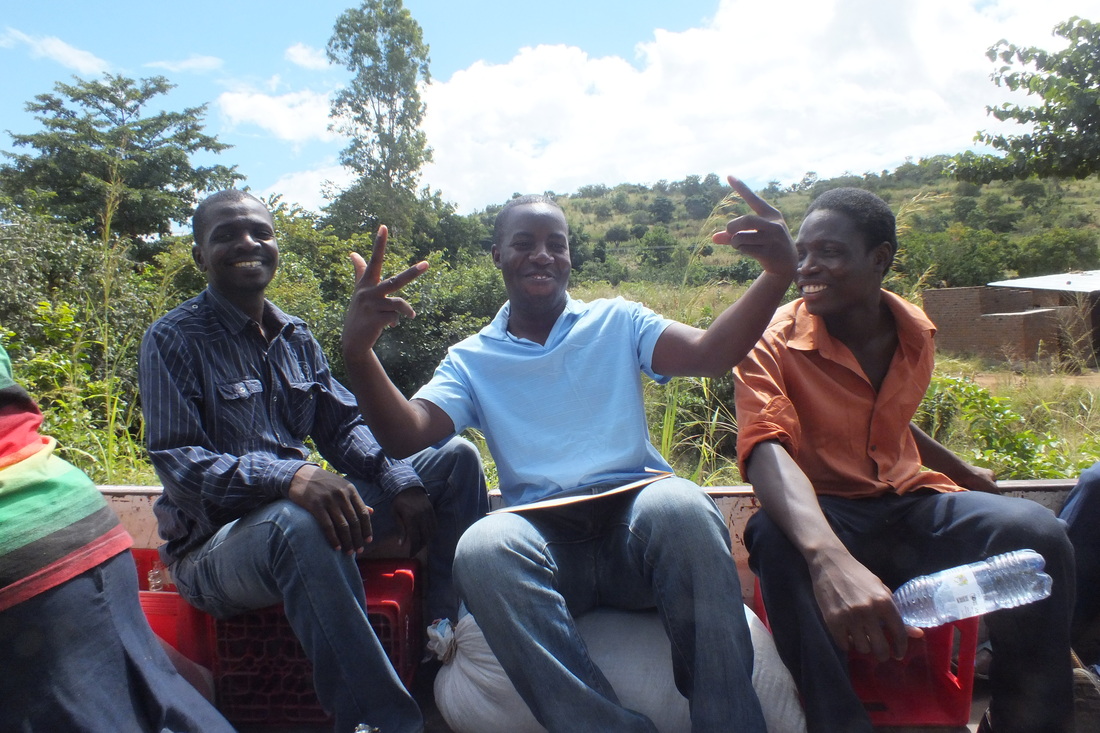
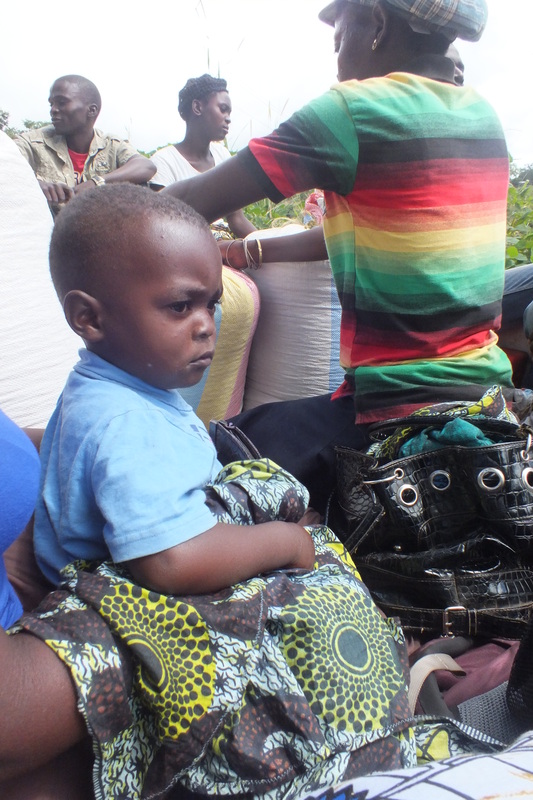
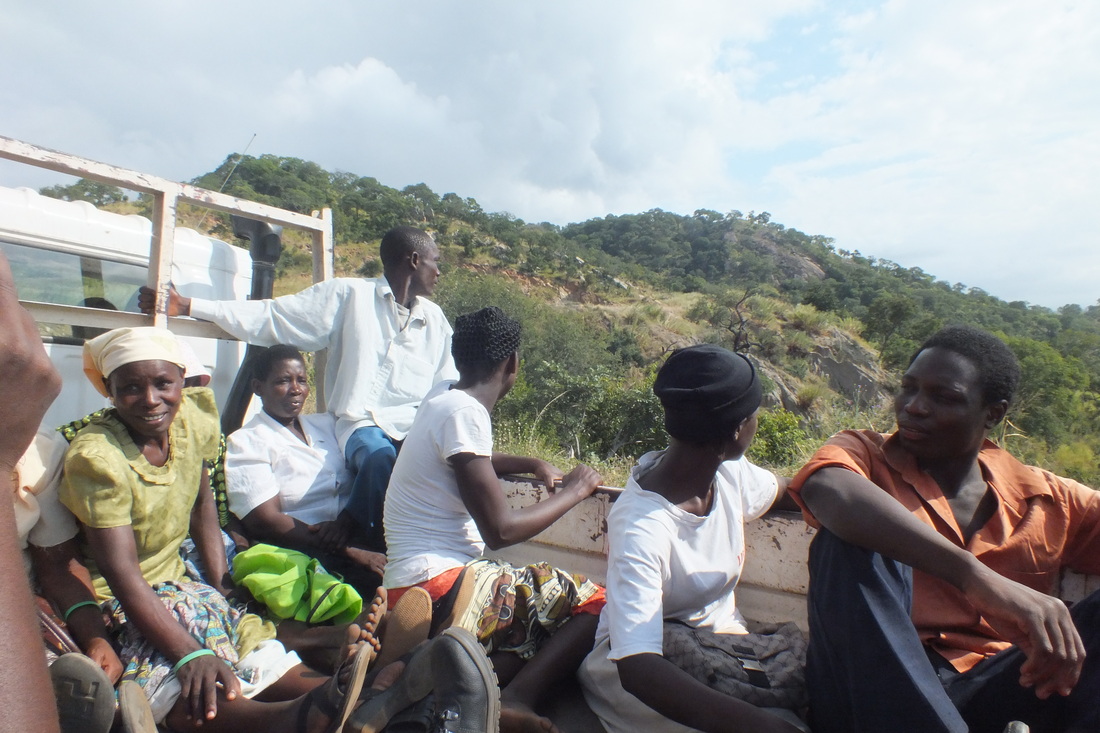
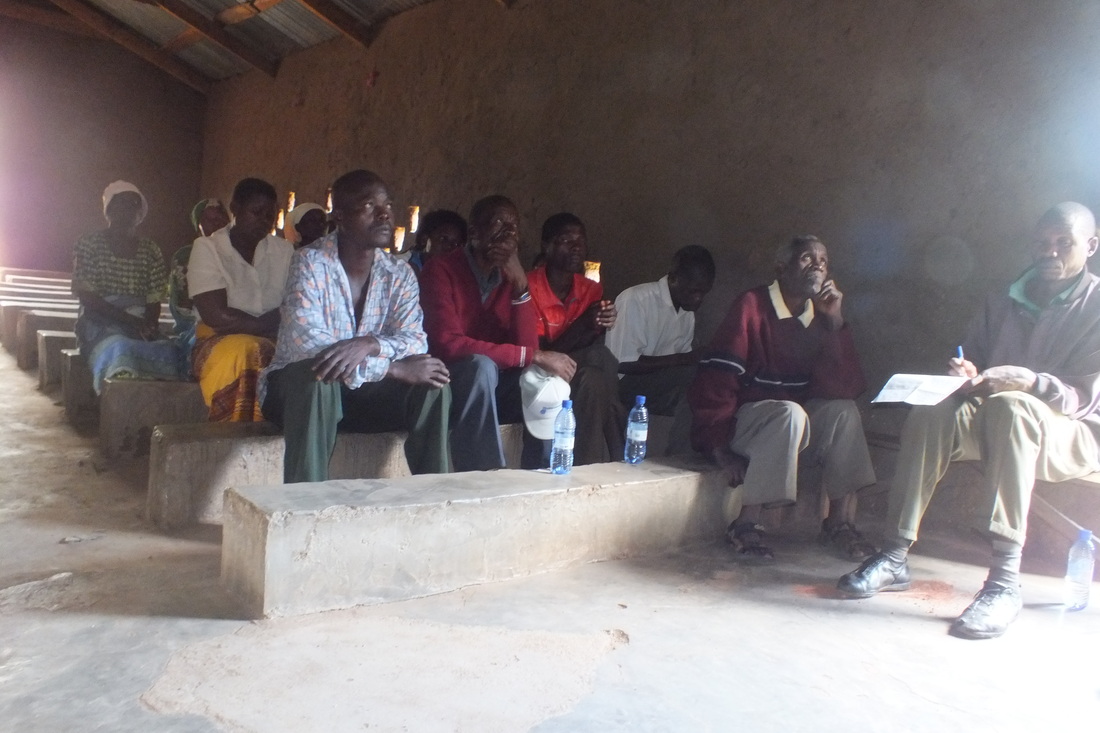
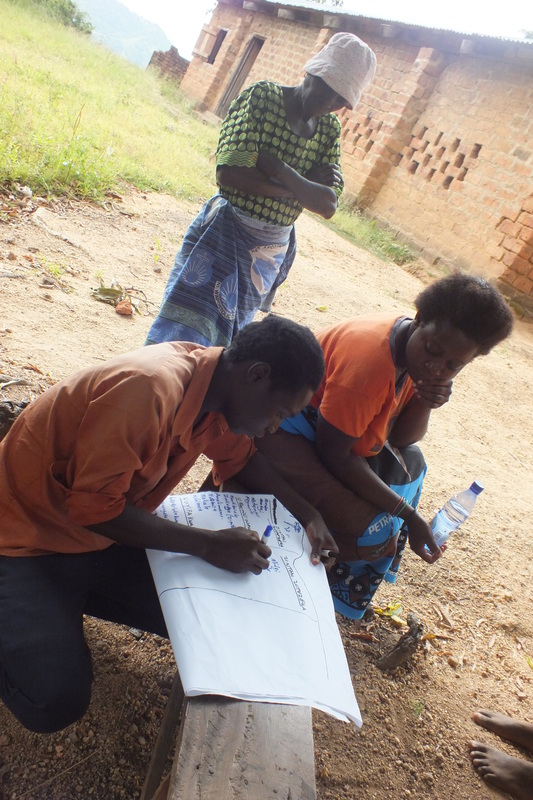
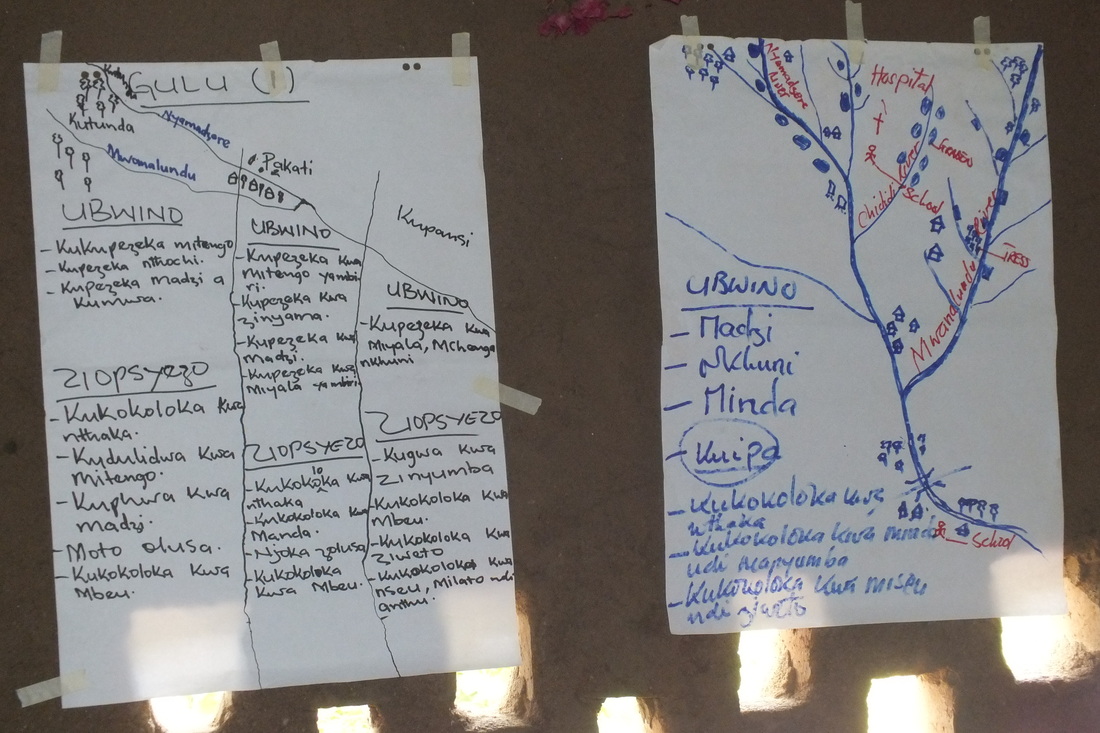
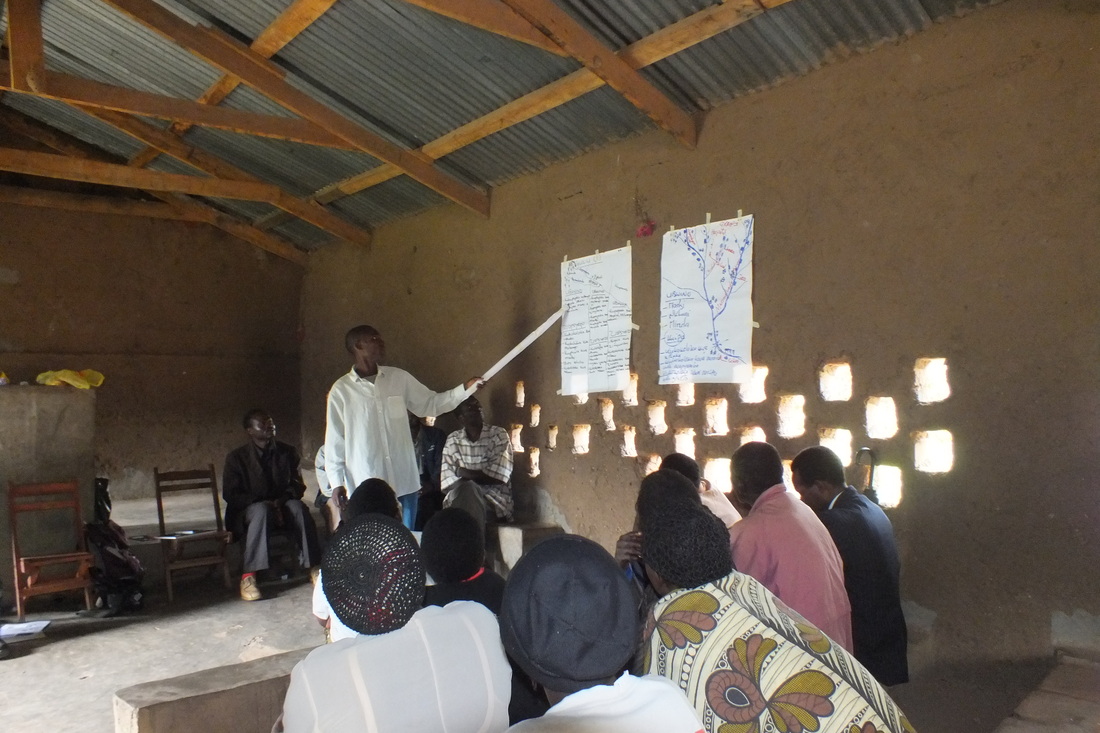
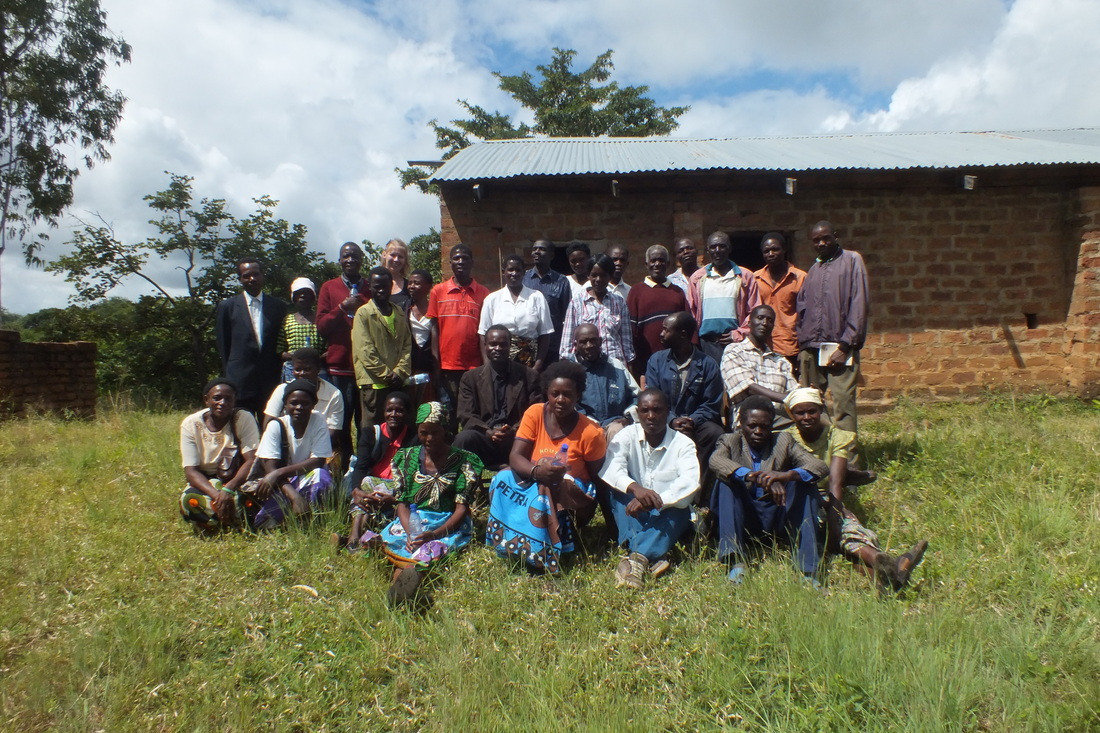
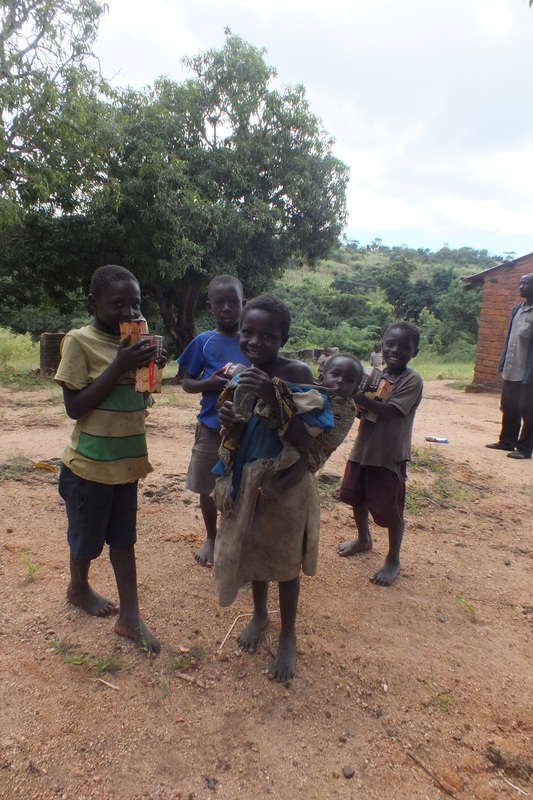
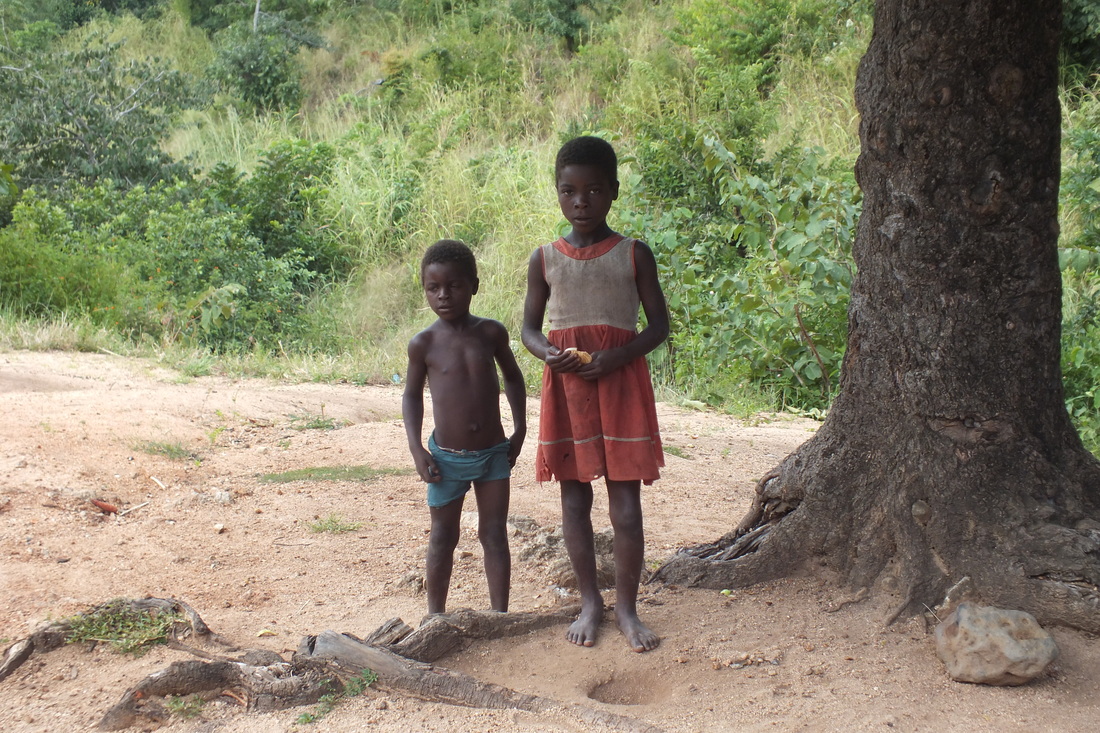
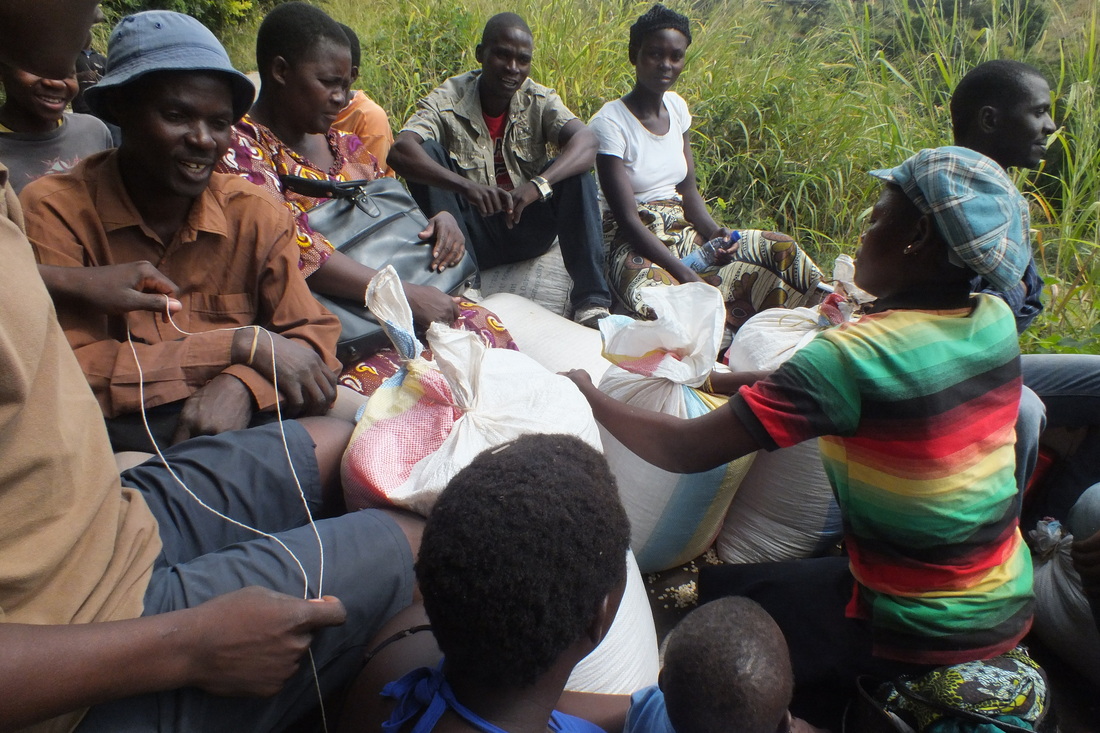
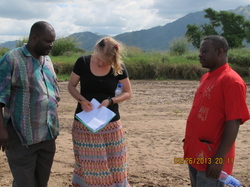
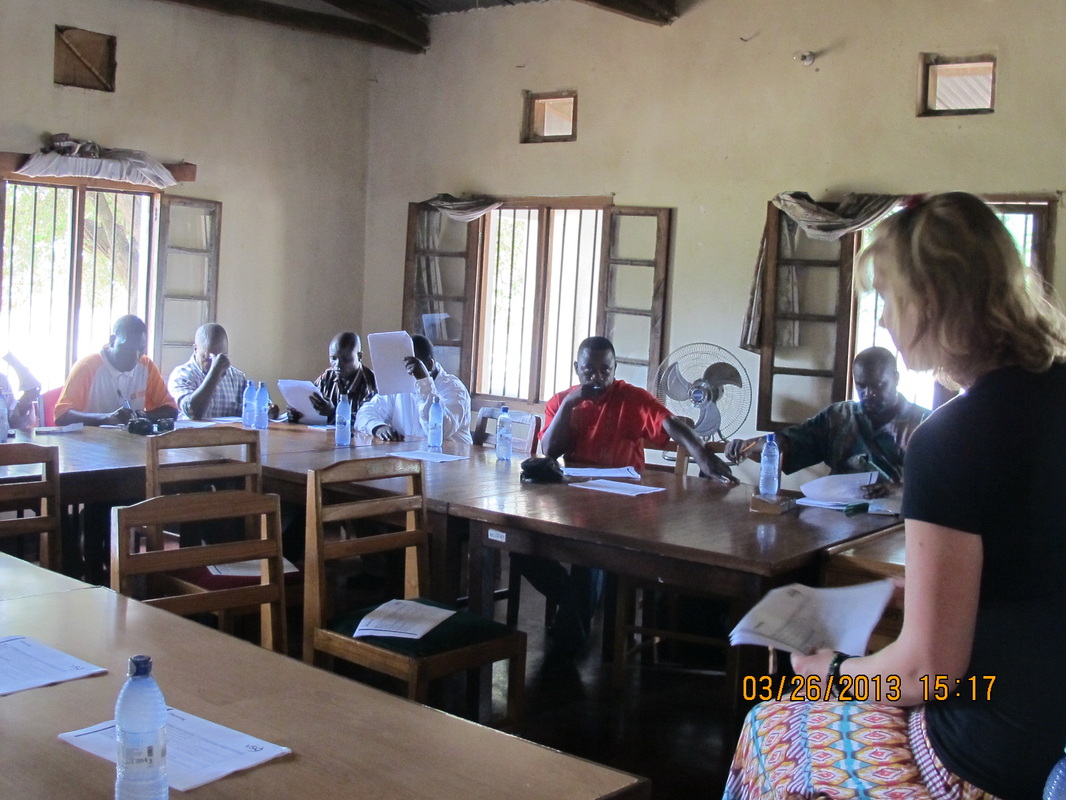
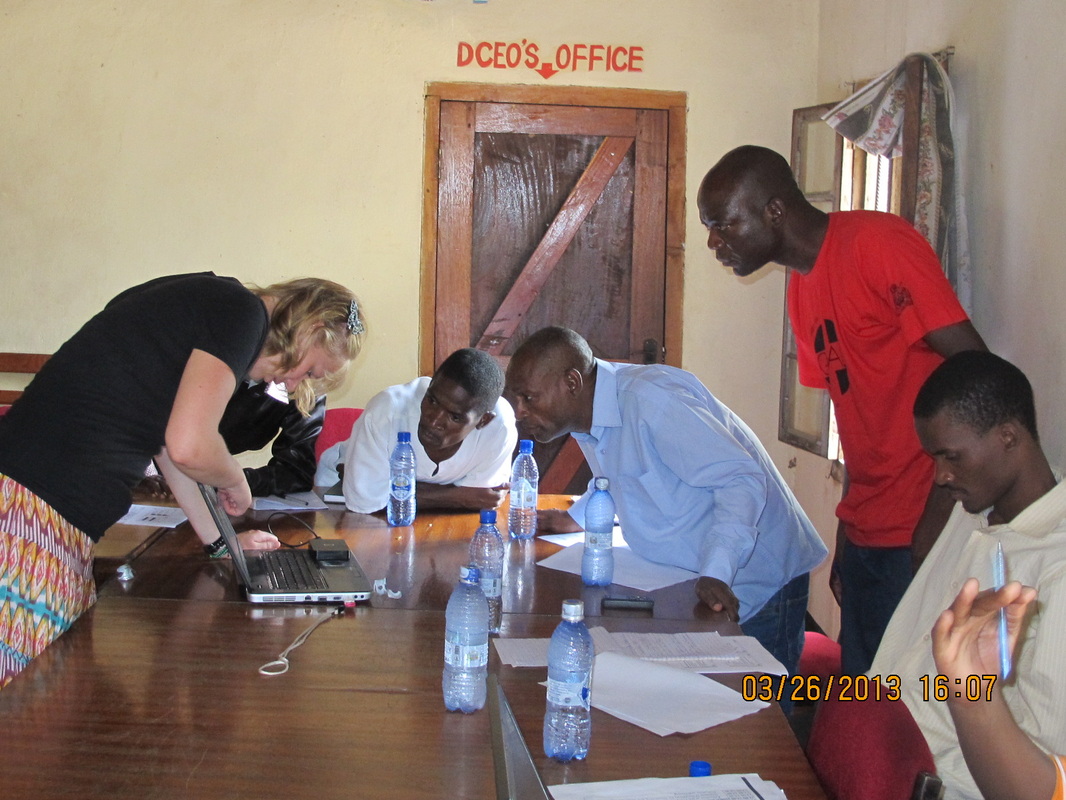
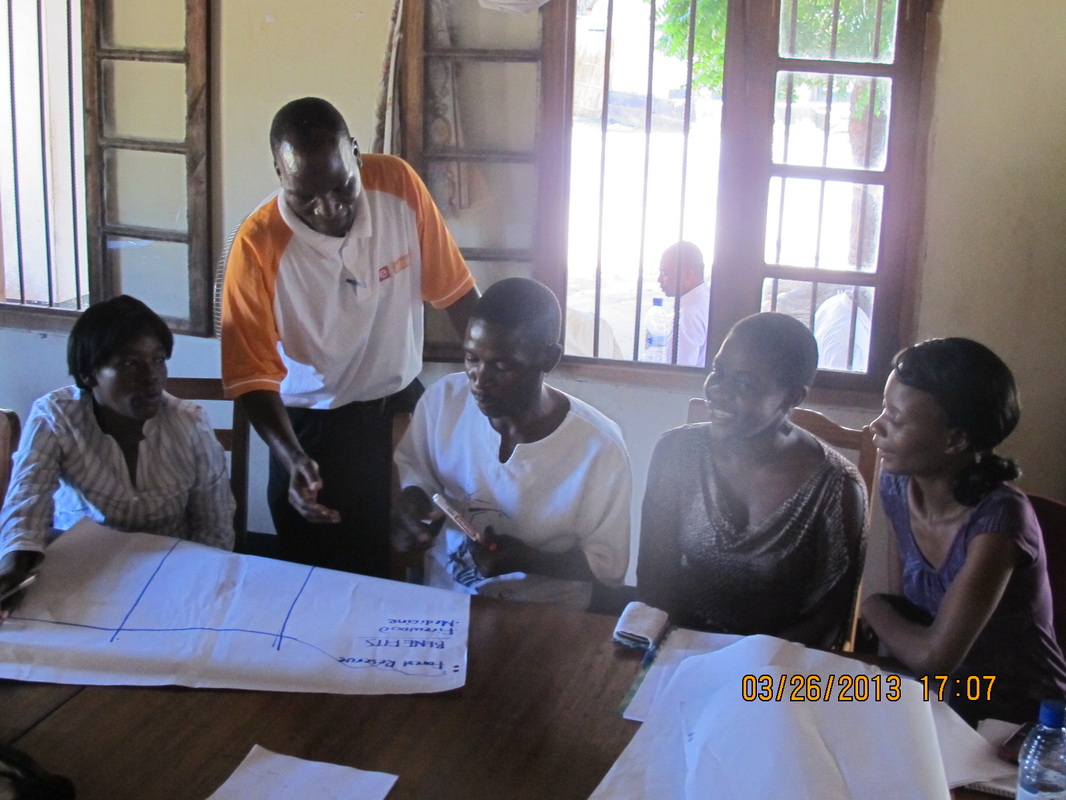
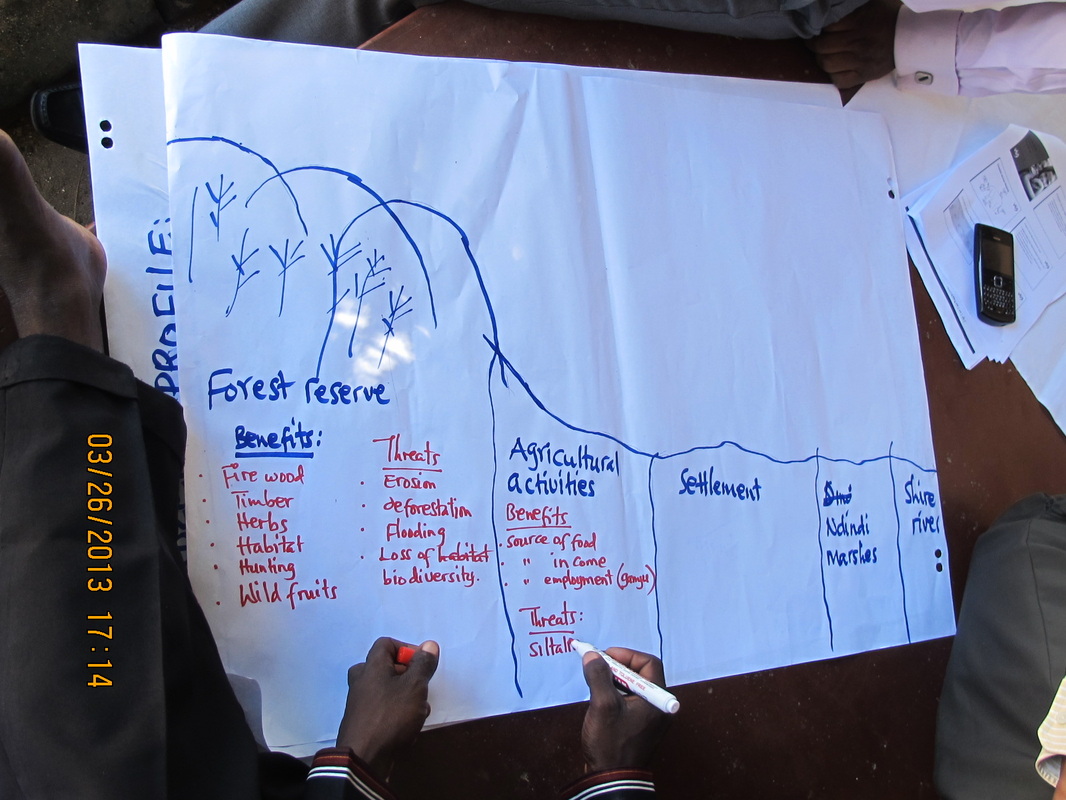
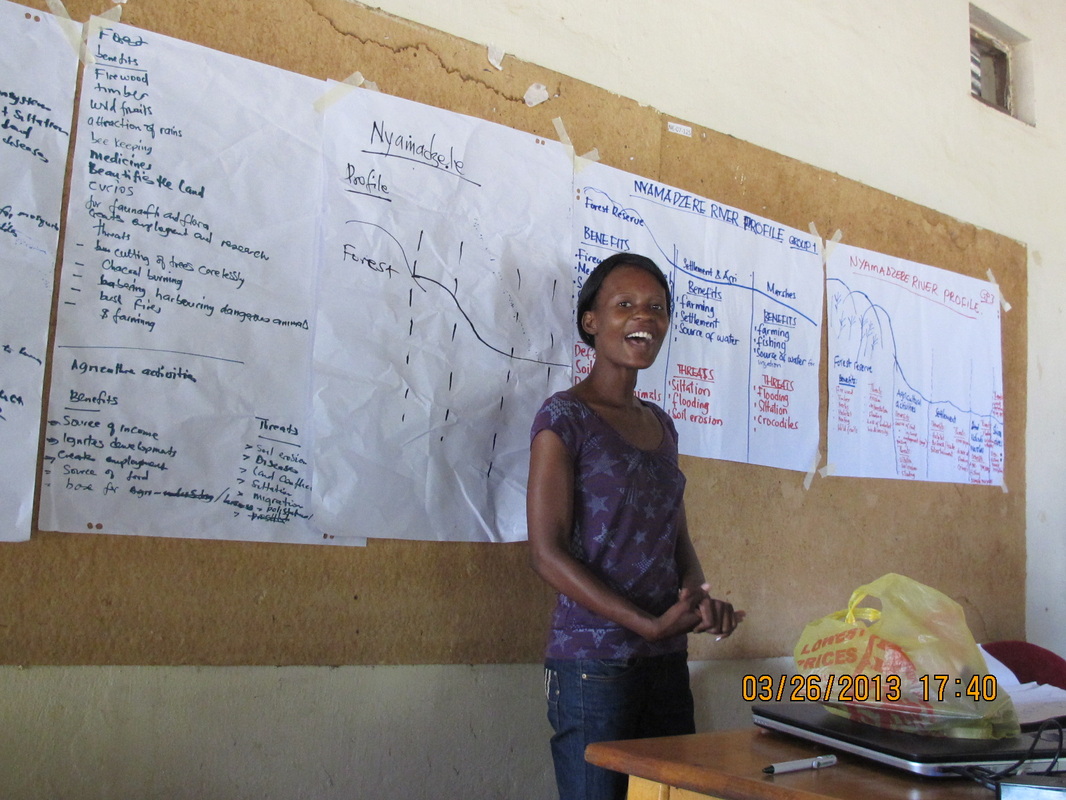
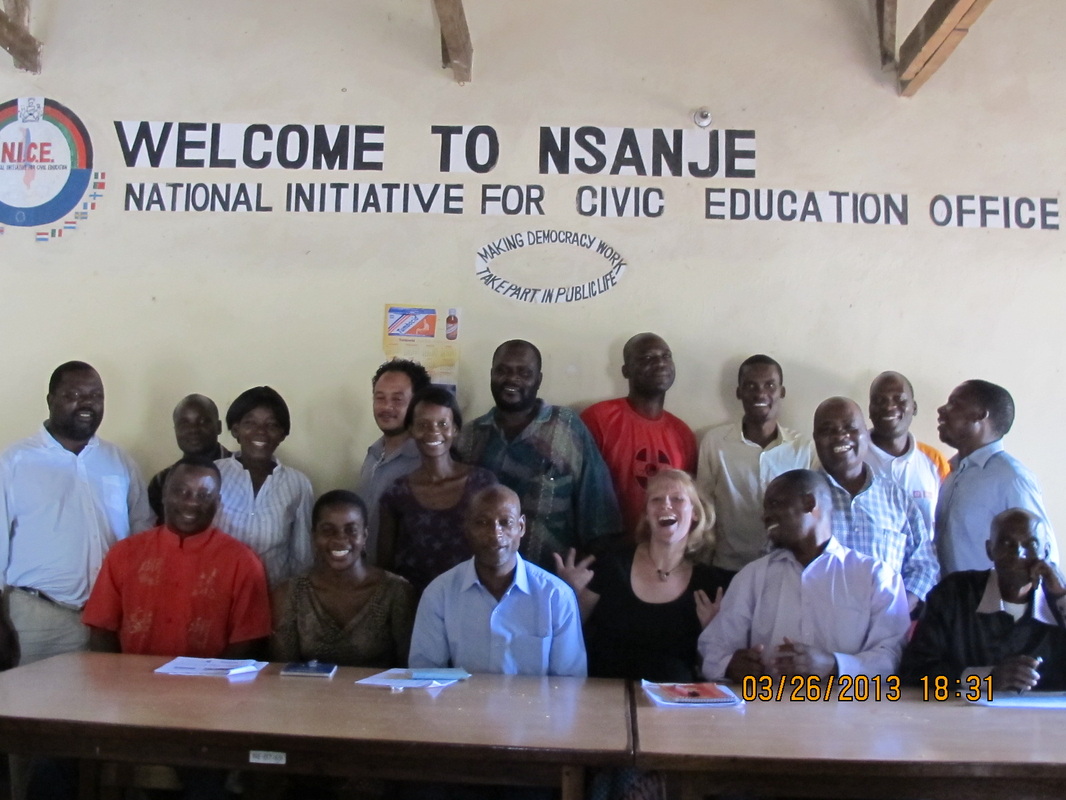
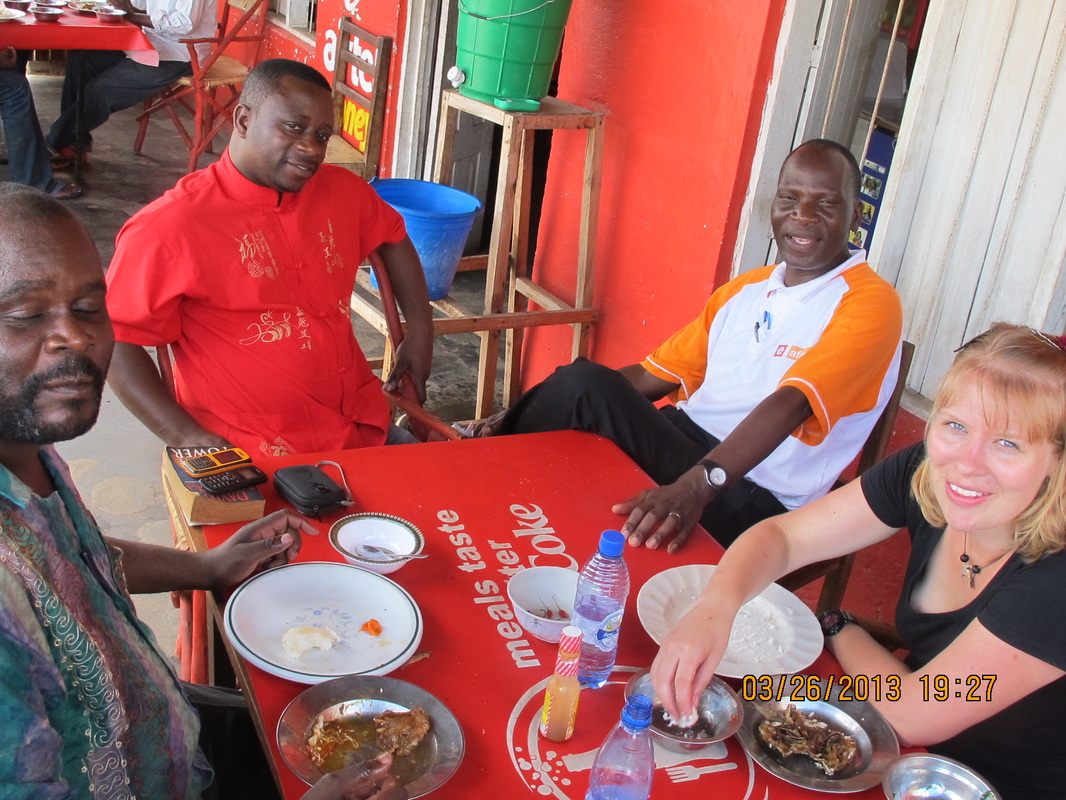
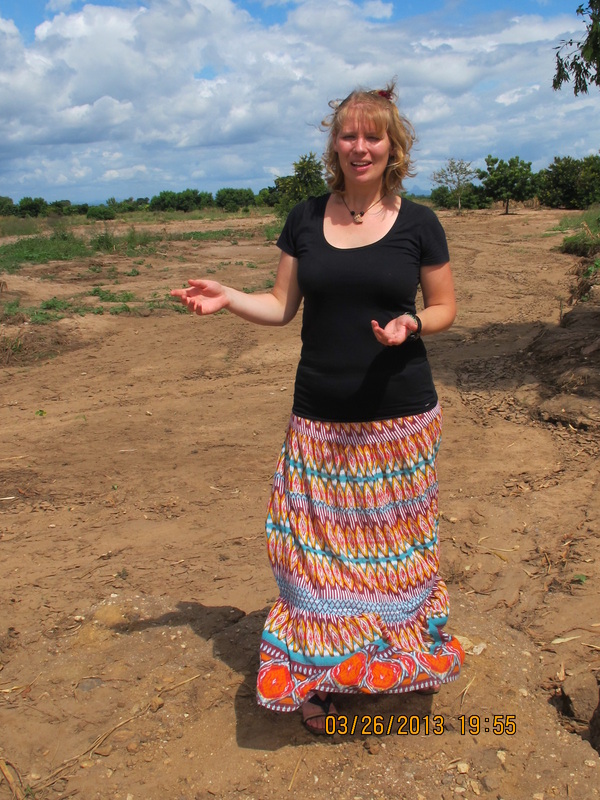
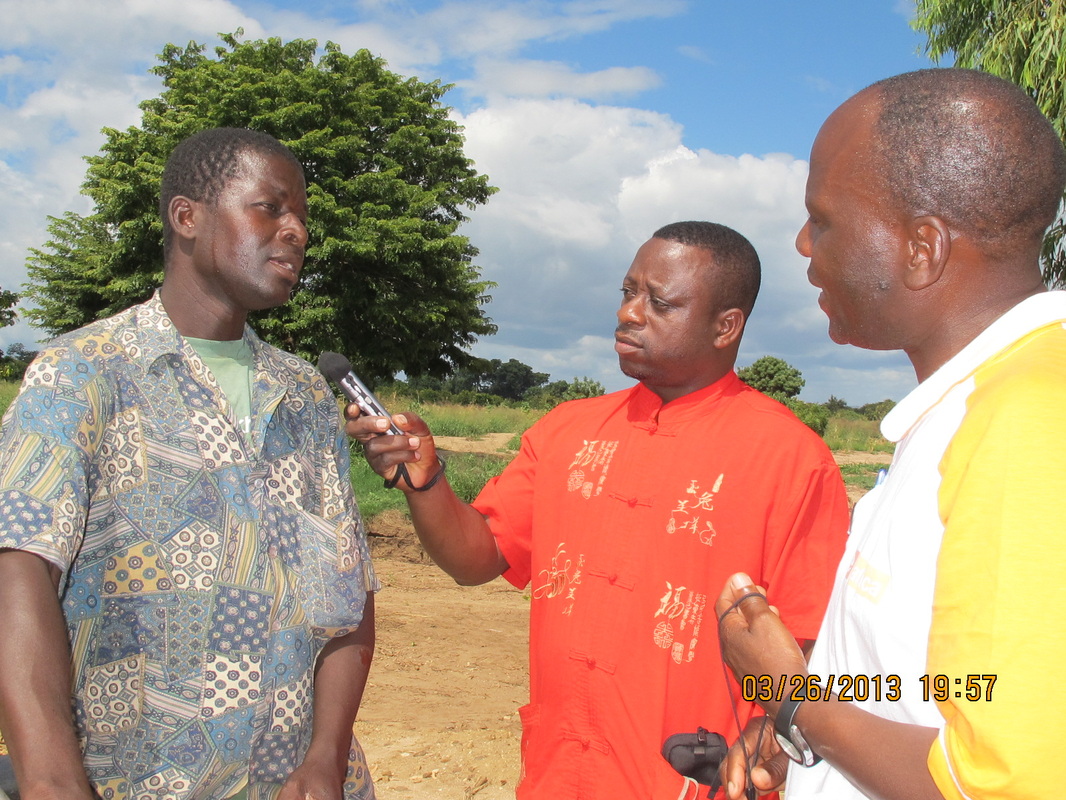
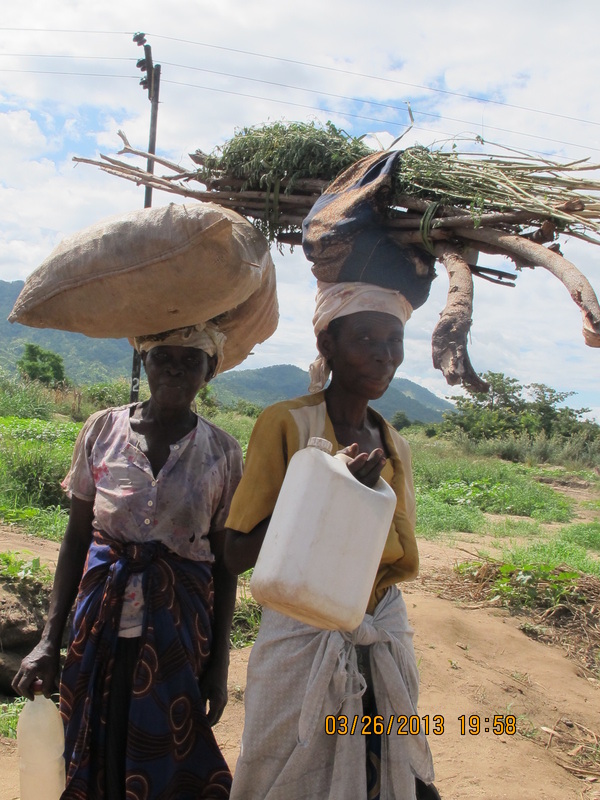
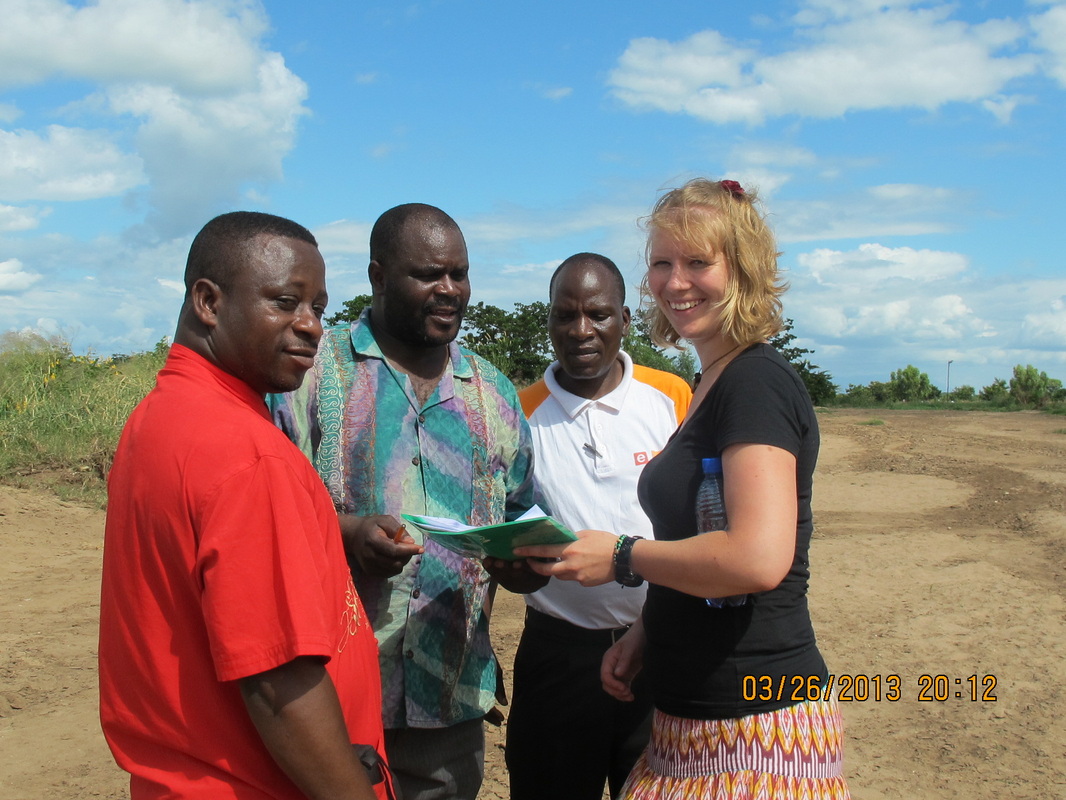
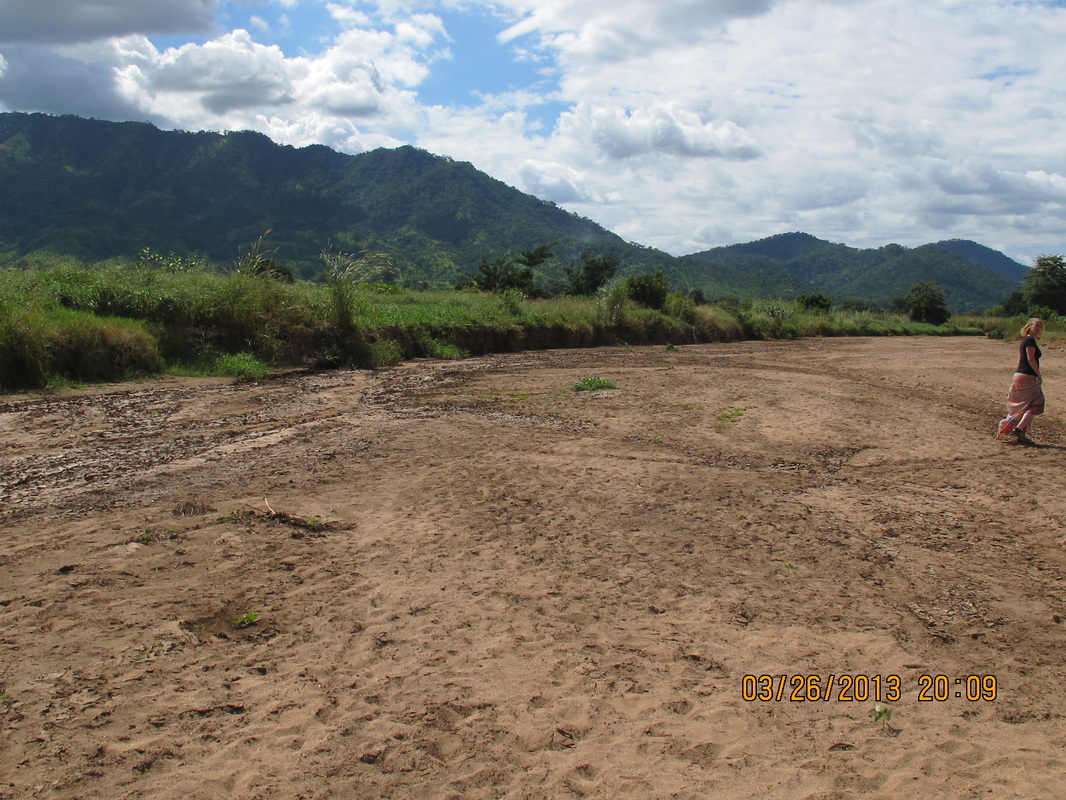
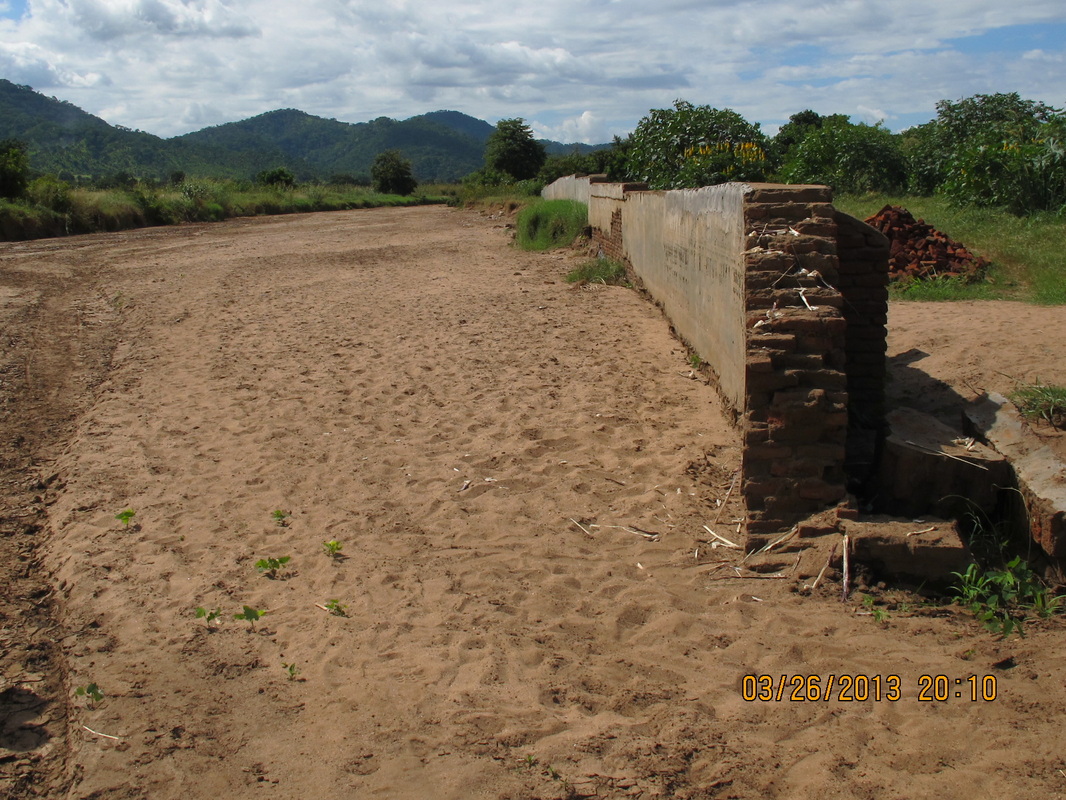
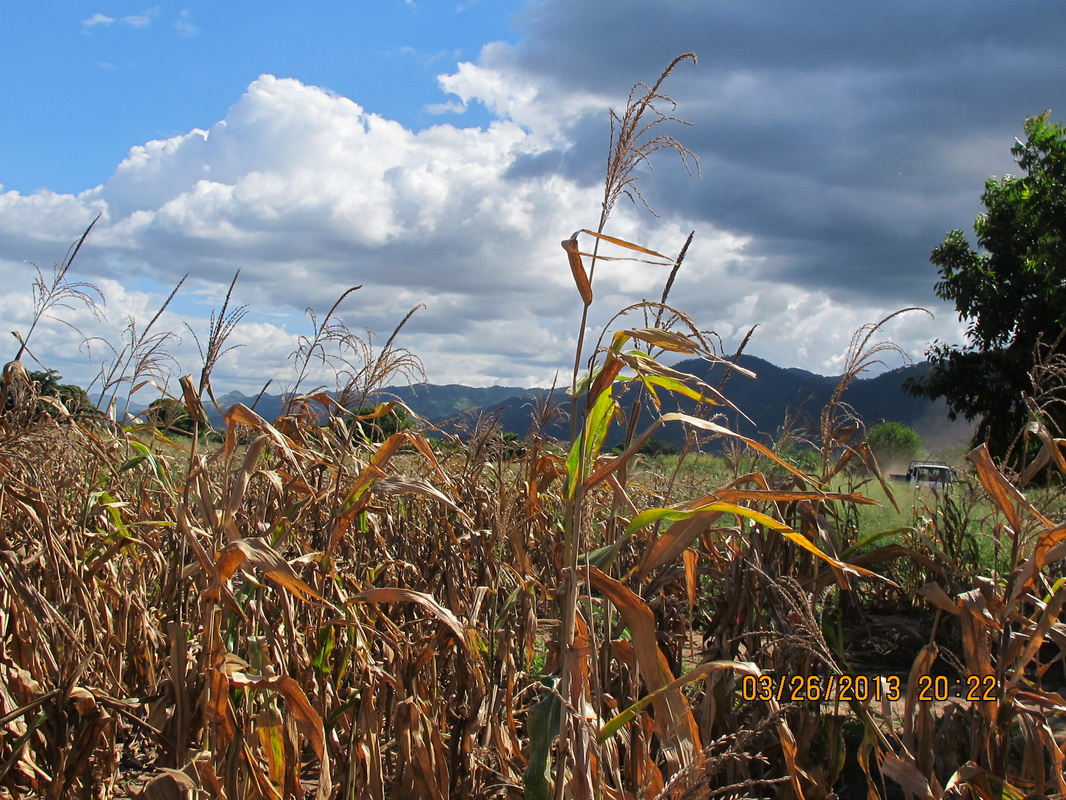
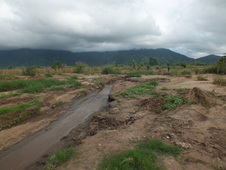

 RSS-feed
RSS-feed
